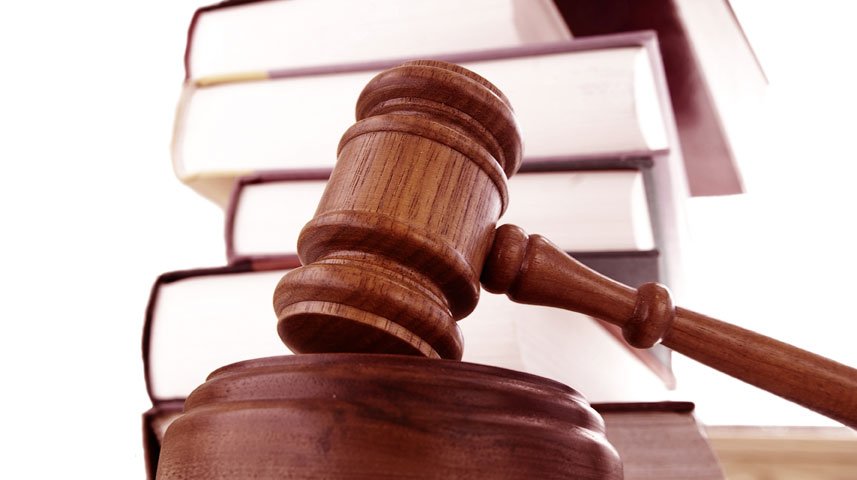
Under the revision, the HSA will exempt all Class A devices, except for sterile devices, from registration
Recently, Health Sciences Authority (HSA) of Singapore enhanced its regulatory framework for low-risk Class A and B medical devices to ensure lower regulatory fees for these products and facilitate quicker access in market. The enhanced regulatory framework seeks to better address the concerns of the medical device industry while ensuring patient safety. Enhancements are also being planned for high-risk Class C and D devices.
Under the revision, the HSA will exempt all Class A devices, except for sterile devices, from registration. This covers an estimated 80 percent (approximately 4,700) of Class A product types. Importers and manufacturers are only required to list the medical devices with the HSA to facilitate their post-market surveillance and monitoring. There is now no registration fee for exempted Class A devices.
Mr Alok Mishra, chairman, Medical Technology Industry Group, says the adjustments will help streamline the current processes. Medical Technology Industry Group is one of the 11 industry groups of Singapore Manufacturers' Federation.
"Look at the changes in the registration process of medical devices. For example, Class A devices will be exempted from registration except for sterile devices. These adjustments can significantly reduce the volume of work at the HSA. Moreover, the cost of registering most of the Class B products will be cut from $1,799 to $1,095," says Mr Mishra. "We also expect a positive effect on the speed and cost of registration, which I think is critical for us because that will ensure faster access to products for patients."
Stepping up to meet challenges
Even if the regulatory process is eased to smooth the approval process, Singapore's medical device industry is facing challenge in training manpower to handle the administration of these medical device approvals. Therefore, the HSA is working with Singapore Manufacturers' Federation to work out a possible concierge service. This aims to provide companies with a range of services, such as consultancy and training, which will help companies in their pre- and post-marketing needs.
Recognising the importance of regulations in the use of medical devices to assure consumers and ensure patient safety, the HSA rolled out its medical device regulatory framework in various phases, beginning 2007. It was fully implemented in January 2012. Taking on board feedback garnered through ongoing dialogue with the industry and healthcare professionals following its full implementation, the HSA announced on April 20, 2012, that it would make further enhancements to the regulatory framework to facilitate expedited access and lower regulatory fees for Class A and B devices.
The HSA will also enhance its post-marketing surveillance activities to mitigate risks associated with expedited pre-market approval of devices. This includes ensuring compliance to stipulated standards, promoting adverse event reporting, detecting unregistered devices early and stepping up enforcement activities against dealers who contravene the legislation.
"The HSA is mindful to ensure that the cost of medical device regulation does not significantly impact the overall healthcare cost even as the regulations continue to ensure patient safety. The HSA will continue to refine our regulatory framework and further stratify its fee structure, especially for certain low-cost medical devices with a low volume demand," comments an HSA spokesperson who did not want to be identified.
These enhancements are applicable to all local, regional and global dealers intending to manufacture or place their medical devices in the Singapore market.
HSA categorization for medical devices
Medical devices in Singapore are categorized in four segments, from simple to complex, as Class A, B, C and D. Class D devices are sophisticated diagnostic imaging equipment or cardiac stents and are subject to tighter regulations.
For example, Class A includes reusable surgical forceps for grasping tissue, Class B includes single-use, sterile forceps for grasping tissue, Class C includes electrosurgical forceps or instruments for coagulation of tissue and vessels and Class D includes neurological forceps or instruments for neurological procedures.




